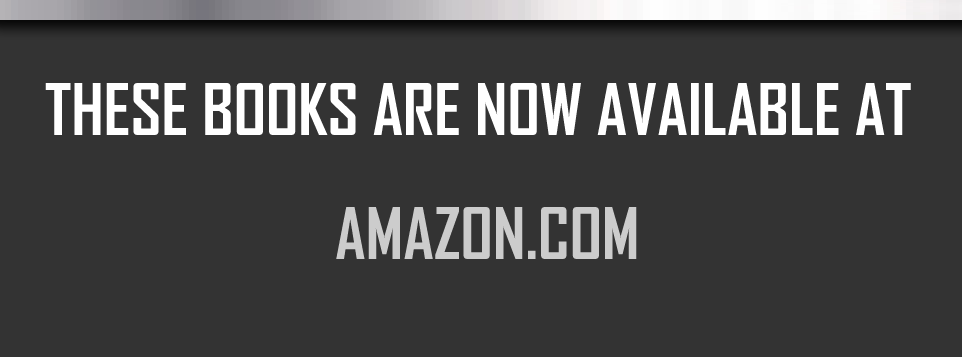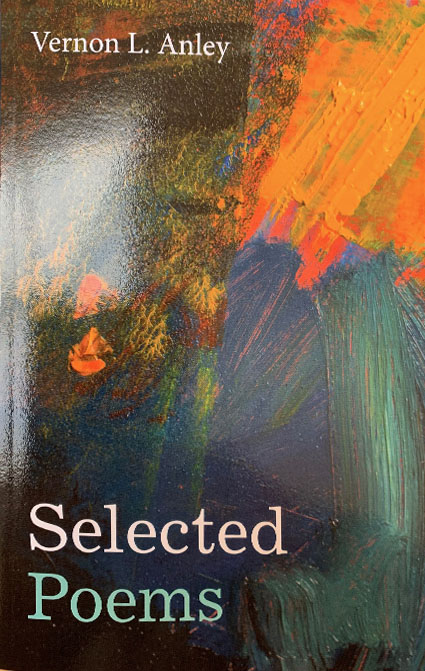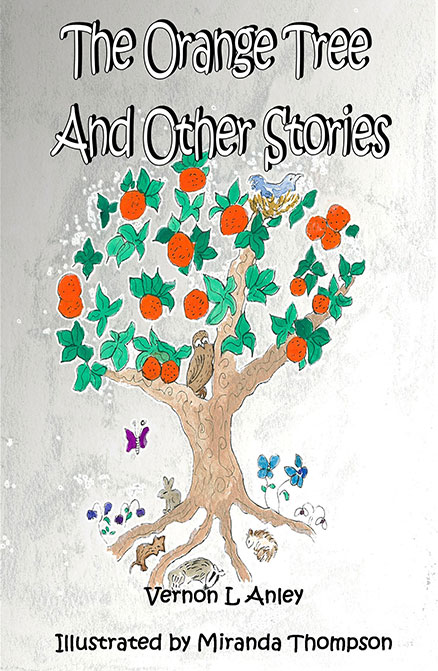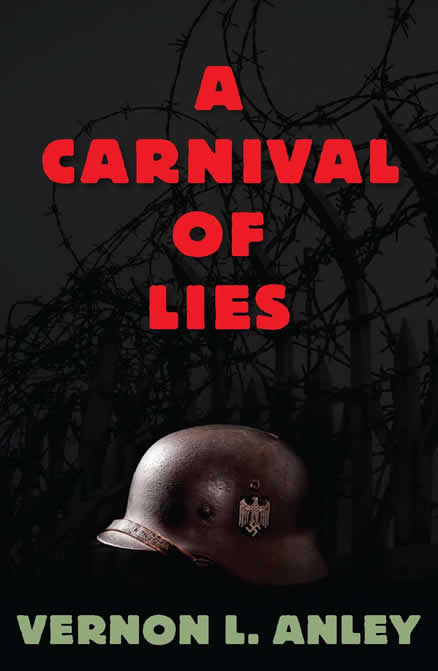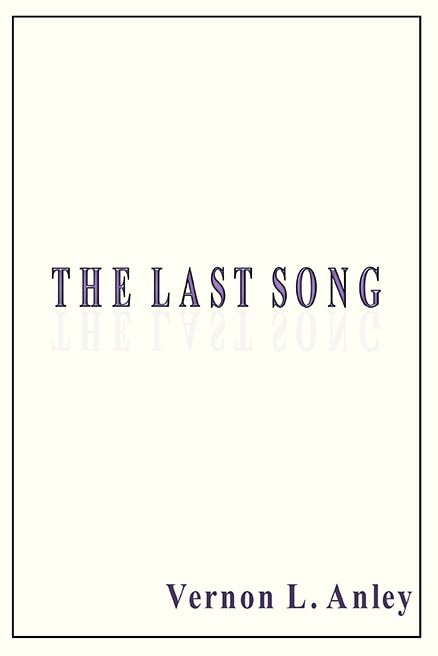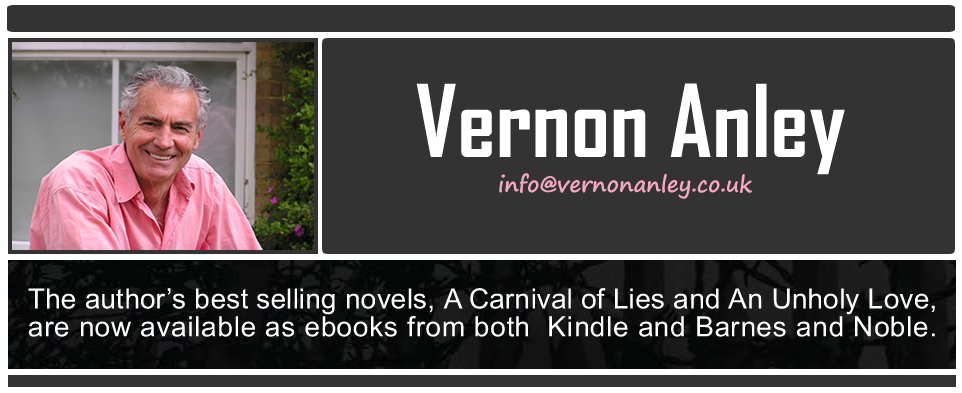
Dr. Vernon Anley was educated in Australia and England. After leaving university he worked for the Ministry of Overseas Development in the West Indies before resuming an academic career in Europe and the Far East. In addition to two successful novels, A Carnival of Lies and An Unholy Love, he has co-authored several books on linguistics, written radio scripts and articles describing his travels in the Hejaz and Yemen, and regularly contributed articles to academic journals on linguistics and education.
| The Water Garden and Other Poems
Anley's poems always have a definite and discoverable meaning, although they often beyond themselves, they are symbolic in a way of being evocative of particular things and experiences. They can be read and reread with increasing pleasure.
|
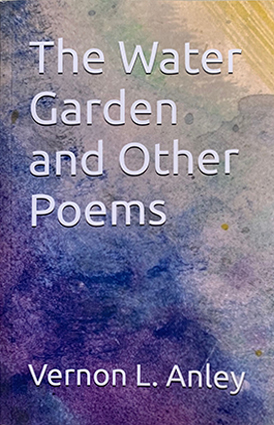 |
|
|
Anley's Poems Anley's poetry delivers its message by language- formed images and thereby makes the unutterable things of this world expressionless.' |
|
'Intelligent and carefully crafted, It Happened in Hanoi is a story of love and duplicity, set against a background of state sponsored criminaliity. A rare combination of depth and breath, this probing book stirs both the heart and mind on many levels.' - O M 'It Happened in Hanoi iis both an insightful commentary on the dangers of State administration disengaged from the restraints imposed by normal governmental practice, and a gripping story of a man's search for meaning in a world threatened by organised violence and terrorism. It is a book everyone ought to read.' - Falkiner 'It Happened in Hanoi is set against the political landscape of the Communist Party in Vietnam and the ideology that informs it. Although the book highlights aspects of the Vietnams long and costly war against French colonialism and the United States, it is not a chronicle of the war or a polemic against Vietnams communist government. It Happened in Hanoi is a novel about one mans search for happiness and the victory of love over prejudice and oppression. This is a fascinating and thought provoking book. - JLM
|
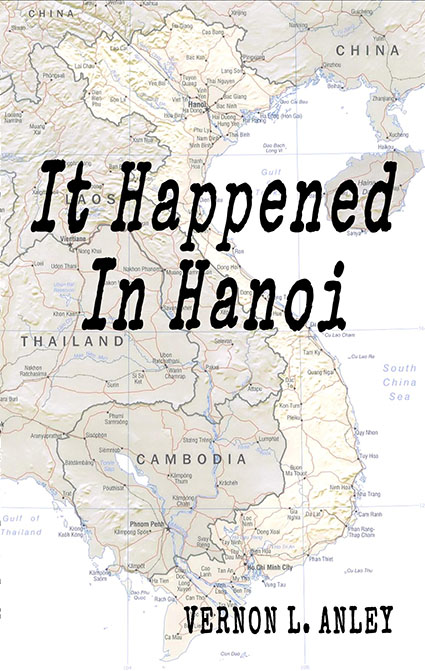 |
|
|
The Orange tree “What the critics say =At last, a well written childrens book, beautifully illustrated, that acknowledges a childs sensitivity and understanding. Like Aesops fables, the stories in The Orange Tree have a subtext that follow naturally from the story being told without being forced or contrived. This book should be in every children's library.' - O. M. A. =“This is a book for children in an entirely new vein. The stories are beautifully written, full of acute perception, and entertaining. The stories offer a subtly complex blend of fact and fantasy that captivate the child's imagination that makes the world seem larger and more interesting. Like the very best childrens books, the illustrations complement the text beautifully, enhancing the .readers experience of the story being told. Altogether this is a remarkable book and one that I take great pleasure in recommending ...' - Astrid Zala And 'Samir and the Butterfly is a really good story. It opens your mind about how you think'. ' - Jay, 10 'I love the story about the little Swallow that hurt its wings. Everyone can learn something from these stories'. - Miki Bee, 12 'I like that she dances at the end because she is happy'. - Luke, 6 ' I found it very touching when the butterfly lost the colour in its wings to create Samir's dream garden. The magic in the orange tree really comes to life when the little girl recites her dream, it was very meaningful'. - Olympia, 11 ' Lots of things happen in this book'. - Orlando, 8 'These are my favourite stories'. - James, 9 ' I could really connect with how the characters were feeling'. - Atlanta, 9 |
|
Because science cannot discover God among the galactic systems, religious skeptics assume that God does not exist, or at best is an 'illusion' or invention of the mind. While we argue that religion is a rational enterprise, having its starting point in a reality which is independent of us, this books seeks to establish a common ground on which men might meet, and enter in to a new and higher collaboration in the pursuit of truth. To this end I have tried to elucidate briefly the sorts of considerations which are relevant to forming a view of life based on the existence of God and the activities described by science. "What the critics say" 'A Divided Universe contrasts the relative merits of science and religion, and concludes that both disciplines are necessary for a proper understanding of life. This book is a rare combination of depth and breadth. It stirs both the mind and the heart, and attracts on many levels. A Divided Universe is a book to be read by anyone interested in the human condition and the nature of existence'. - La Source 'A Divided Universe gives a detailed and sustained defence of religion as a rational enterprise concerned with establishing the truth of theological propositions. The author proposes a re-evaluation of science and religion in a way that would provide the basis for an answer to the question of being in relation to the totality of meaning to which ultimately all our statements must be related. This thought provoking book offers a convincing critique of science and theology, and how both can lead to a deeper understanding of existence'. - Oliver Scott 'A rare combination of depth and breath. This probing book is a work of exceptional importance'. - John Falkiner 'A Divided Universe offers a vision of the human condition grounded on an ultimate reality beyond the reach of science. In the process the author develops a metaphysics that eschews religious dogma and empiricism. This is an important book that opens a new chapter to the debate about the origin and meaning of life'. - J.L. Moore
|
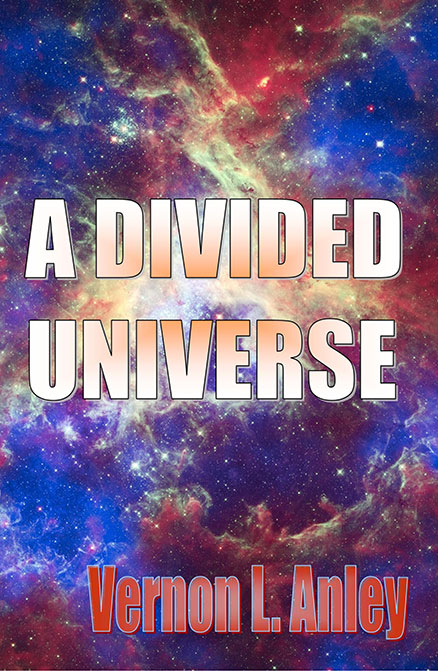 |
|
|
A Carnival of Lies is an autobiographical novel set in Hitler `Perceptive and imaginative ... deserves every recognition. The background detail, much of it from hitherto untapped sources, only emphasises that those who have not lived through the holocaust will never know the burden of suffering and death experienced by its victims. Totalitarianism has never seemed more subtle, insidious and in the end more terrifying. This is an outstanding book, beautifully written and absorbing. ' - J.K. Taplin - Alan Scott, CVO, CBE, lately Governor of the Cayman Islands. - Raymond Zala
|
|
to the world he leaves the cloistered walls within which he was becoming ever more hermetic. His relationship with a young woman in Paris forces him to revaluate his ideas on love and death, and reflect on the dogmas and beliefs that informed his life. Beautifully written and insightful, this remarkable book, examines the great things that span our lives, the experiences which we do nothing to arrange but which affect us most deeply. "What the critics say" 'This beautifully written book takes the reader on a spiritual odyssey that transcends religious speculation in its apprehension of the imperishable power of love. The narrative breaks through the dark side of dying and of death, to realise an end which is both beautiful and spiritual. This book is for anyone who fears the unknown, or is in doubt about their own salvation.' ultimate destiny. The great value of this little book is that it leads us to discover something about ourselves, which, had we not turned its pages, might have lain undeveloped and unknown. This is a book which can be read many times over. I could not put it down. J.L Moore This remarkable journal, written by a dying man in the last months of his life, is the record of a crisis of faith which forces him to re-evaluate aspects of Christian dogma and doctrine. The experience of falling in love forces him to set aside earlier perspectives and assumptions, which result in a more profound understanding of the nature of love, life and death. Beautifully written, and deeply moving, An Unholy Love goes beyond conventional boundaries in its attempt to understand man in his wholeness. O. M. Kortlang |
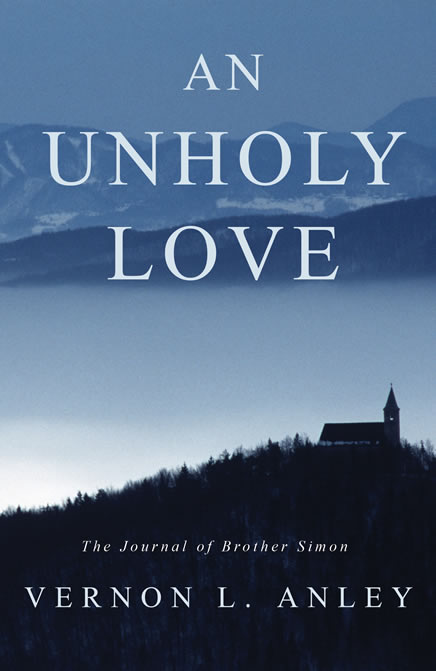 |
|
|
or for displaying his techniques or for pressing his ideas on his readers. His poetry works through intuition and feeling. The last word on this subject belongs to the author: How does a poem come to be? From imagination and dream And feeling things silently Through inwardness and through outward ness A poem comes to be.
|
|
